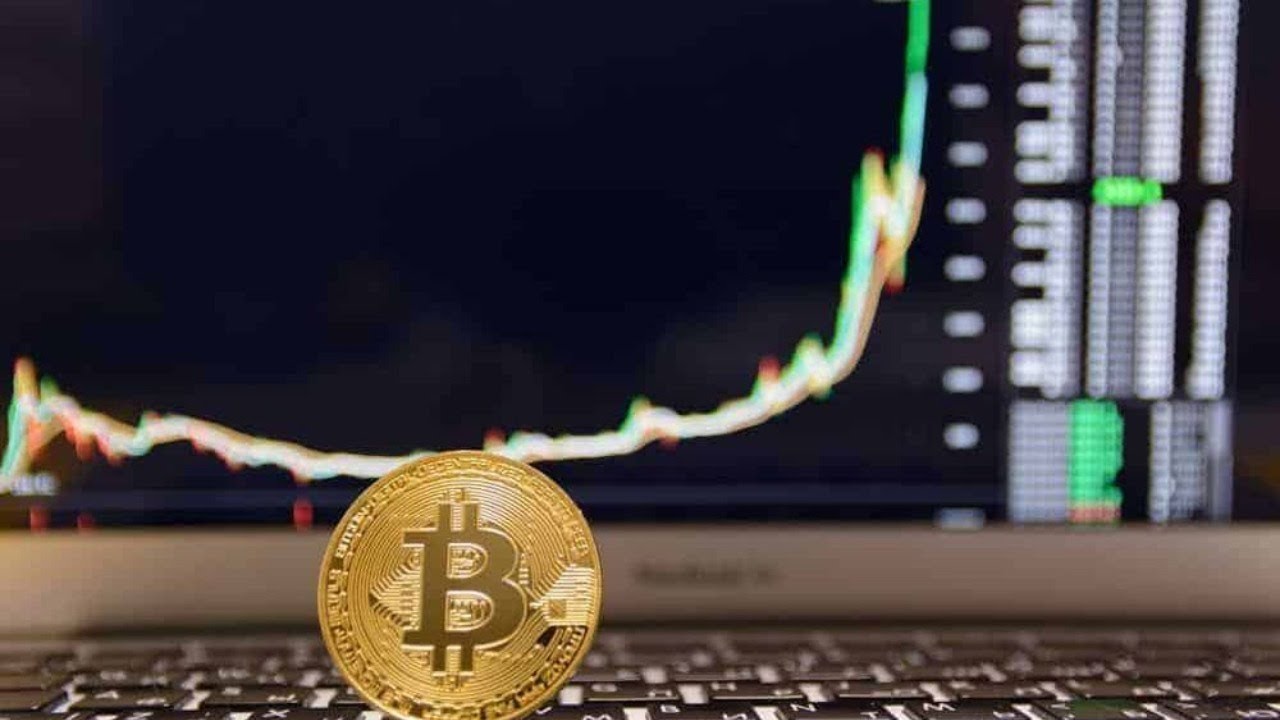Bitcoin and the cryptocurrency market have experienced extreme volatility during the past several months. Many traders, from institutional investors have been drawn to this volatility. Nevertheless, retail traders with a limited time horizon are largely responsible for the current decline in Bitcoin value. Recent analysis indicate that this particular group of investors was responsible for 86% of Bitcoin’s sell-off.
Retail Traders’ Impact on Bitcoin
Usually individuals, invest in cryptocurrencies for the short term. These traders enter the market to profit from short-term price changes. They closely monitor market movements and base their decisions on short-term technical analysis, news, and social media reaction. Due to their quick buying and selling in response to market patterns, these traders can significantly affect Bitcoin prices.
Since internet platforms and trading apps make crypto trading easier, short-term have increased. User-friendly interfaces, low entry hurdles, and margin trading make these platforms easier for beginners to access the market. This accessibility has attracted retail traders, many of whom lack institutional investors’ experience and long-term perspective.
Retail Traders and Bitcoin’s Volatility
One reason retail traders like Bitcoin is its price volatility. Cryptocurrencies’ short-term price movements can yield enormous rewards but also large losses. Retail traders, eager to earn quick profits, sell their assets when prices fall, worsening market pressure.

Recent statistics show that accounted for 86% of the Bitcoin sell-off during the latest market collapse, unlike institutional traders, who hold their holdings longer and are less reactive to short-term market changes. Short-term retail traders’ panic selling accelerated Bitcoin’s collapse by creating a selling cascade.
Psychology Behind Retail Traders
Short-term cryptocurrency retail traders are influenced by several psychological reasons. One of the biggest is FOMO, or “fear of missing out.” enter markets when prices rise to catch the latest bull run. When the market falls, anxiety and panic cause huge sell-offs. A hallmark of short-term trading is purchasing during uptrends and selling during downtrends.
Trading cryptocurrency online is anonymous and easy, which might lead to rash judgments. Due to the lack of established laws and control in many cryptocurrency marketplaces, traders may make emotional judgments rather than strategic ones. Retail traders act in herds, exacerbating price swings and compounding market effects.
Long-Term Effects of Retail Traders
The short-term effects of retail traders on the price of Bitcoin are not just transitory. Although these traders may cause short-term price volatility, the market may be impacted by their actions in the long run. Institutional investors may be hesitant to enter the market because of the volatility of retail trading, which makes Bitcoin appear less stable.
Fast sell-offs and purchasing binges can also distort market forces and impede price discovery. Short-term traders can potentially disrupt the development of a stable market structure that would support Bitcoin and other cryptocurrencies as mainstream assets since institutional investors choose long-term investments.
Retail Traders’ Market Balance
Despite their positive and negative effects on Bitcoin prices, short-term traders are important. Their trading provides liquidity and can promote Bitcoin innovation. But their quick buying and selling can increase price volatility, making it hard for long-term investors to value Bitcoin. As the bitcoin market evolves, institutions must understand short-term trading risks.
Retail traders might mitigate panic-driven sell-offs by investing more slowly in Bitcoin and other cryptocurrencies. Understanding market dynamics can help institutional investors navigate the ever-changing digital asset ecosystem.Short-term drive Bitcoin’s sell-off, but their effect shows the need for crypto education and risk management. The function of these traders may change as the market matures, resulting in more sustainable price swings.
Summary
Short-term retail traders are responsible for 86% of the Bitcoin sell-off due to their quick market responses. These traders increase Bitcoin’s volatility by buying and selling quickly in response to news, price swings, and social media trends to make money. Crypto markets are more popular due to their ease of entry, but panic selling accelerates price drops.
Despite its liquidity and innovation, institutional investors regard Bitcoin as less reliable due to retail trader volatility. Institutional and individual traders must understand the risks of short-term trading as the market develops to reduce volatility and stabilize price swings.







